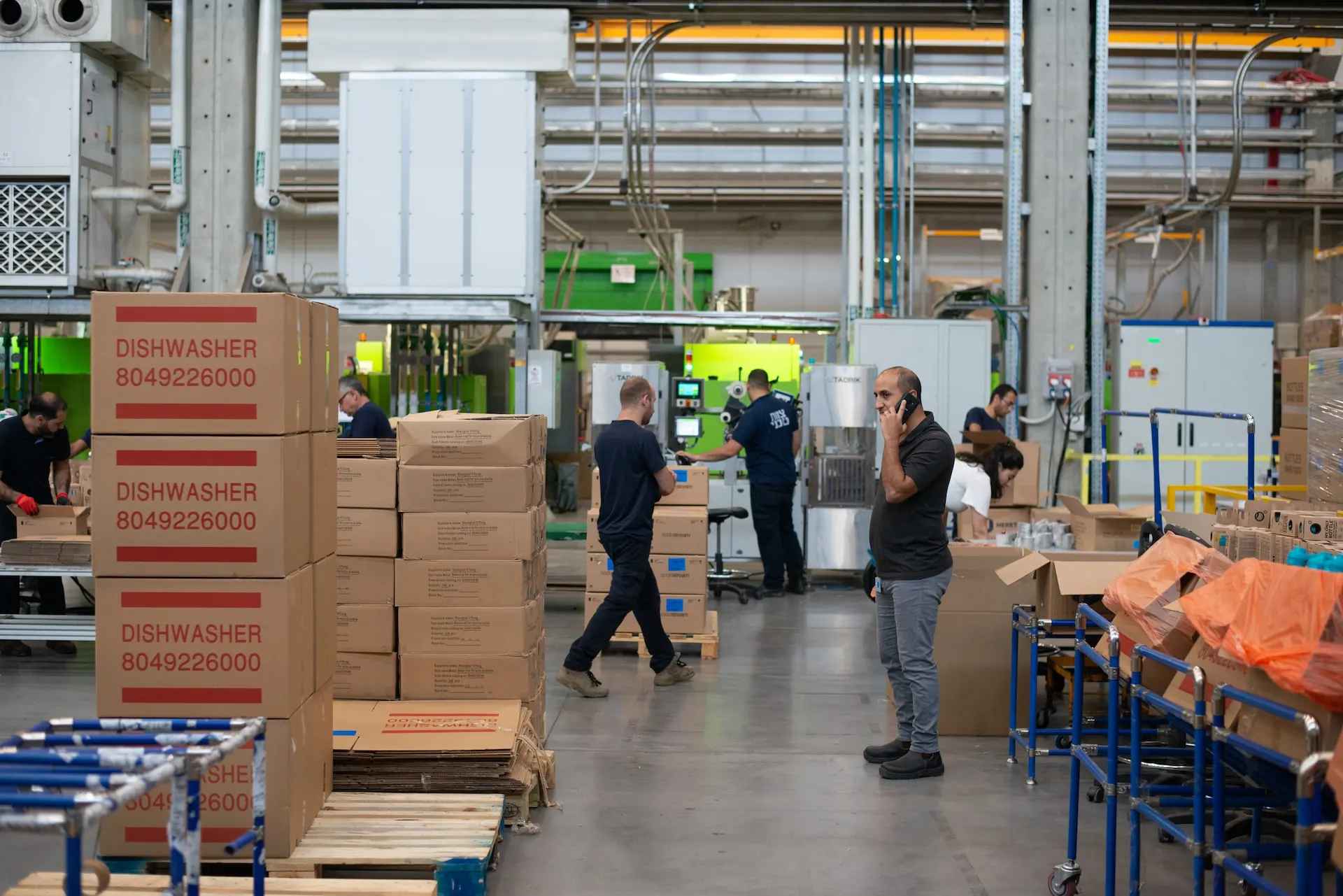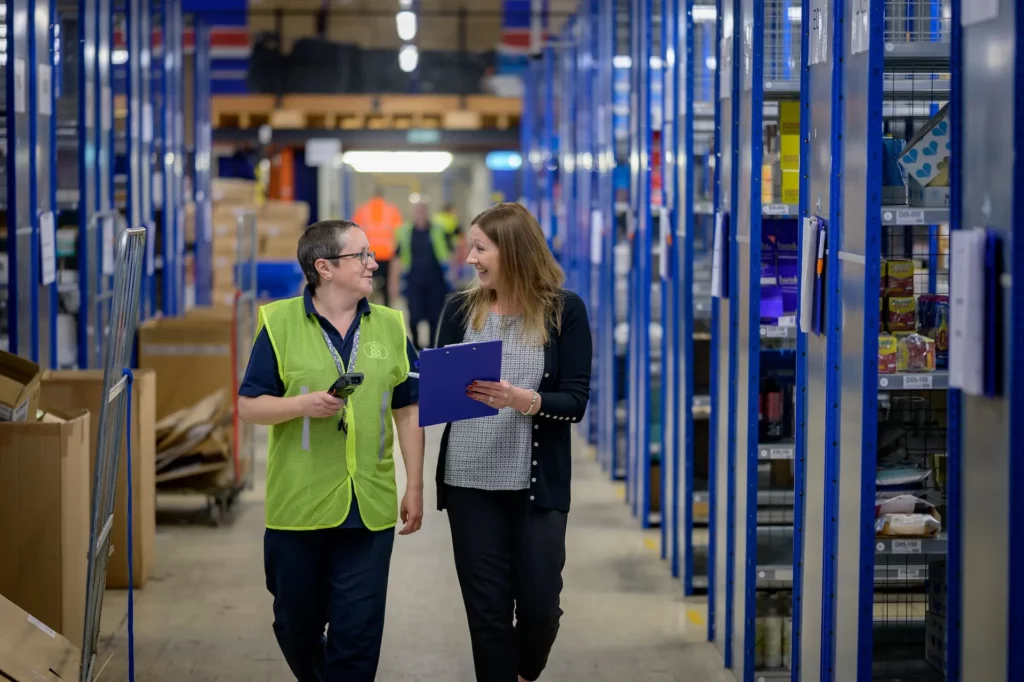IoT in Supply Chain Management and Logistics: enabling greater visibility, and automation


Nowadays, IoT devices come in various forms to benefit businesses: they measure temperature, light level, location, humidity, speed of movement, handling, etc. You can either connect them to corporate systems via Wi-Fi or data and select any gadgets you find convenient – mobile sensors, smart devices or RFID chips. IoT brings promising advantages to supply chain and logistics industries, which operate jointly in many sectors. In this post, we closely dwell on IoT in logistics and supply chain to help you consider the most suitable IoT solutions for optimising and refining the work process. Without further into, let us start with the supply chain.
IoT devices are widely used to authenticate and track products via GPS, obtain more supply chain visibility, and analyse storage conditions. Some insights relevant to the supply chain will also be beneficial for logistics. The primary areas of implementing IoT in 2023 are the following:
First, you may attach devices to raw materials/items/storage containers to transmit the location of goods. IoT in supply chain management is used to read the tags displaying the product’s location within the supply chain. GPS satellites will thereby track the movements of your products. The data is then transmitted to a centralised system so that you can send corresponding notifications to customers. Certain items (for instance, chemicals) have to be stored in the appropriate condition, comprising the necessary humidity, temperature, light intensity and other parameters. When particular thresholds are breached, IoT devices (including Autonomous vehicles and drones) promptly inform your company about that.
It can be challenging to find a particular product within a large warehouse, especially if it is small. Thus, businesses may tag items with the help of IoT gadgets to simplify navigating warehouses/distribution centres and ensure accurate identification of products.
For maintaining order in the supply chain, knowing when and where items are delayed in transit is critical. Based on the information from tags, your company can speed up the delivery by finding alternative roads or transport.

All assets, from trucks to aeroplanes, can be diligently monitored using IoT devices. It prevents severe problems and unexpected delays in delivery by immediately identifying the reasons behind them.
Other issues relate to potential breakdowns in equipment or vehicles. Here, sensors do the same job: promptly identify anomalies to avoid serious breakdowns. For instance, measuring tire pressure, fuel consumption, and engine performance and identifying corresponding patterns of malfunctioning.
Following an earlier example, a logistics company may predict maintenance needs and schedule an appointment for repair in advance, which leads to significant cost savings. Not only can you decrease downtime and extend the equipment’s function, but you also level up the performance of transport if needed.
Similarly to tracking items in the warehouse, manufacturers may utilise temperature sensors to analyse the condition of groceries. Another group of sensors would assist in monitoring liquids, sensitive or fragile products. As a result, companies obtain a way lower risk of damage in transportation times.

These devices are widely applied for evaluating the environmental conditions of pallets, packages, or transport. The data gathered from IoT devices enables for optimising shipping conditions, selecting the most suitable routes and reducing the risk of item damage. Companies most commonly utilise GRS and RFID trackers: the first is for tracking shipment and estimating delivery time, while the second is for attaching to individual items, containers, pallets, and inventory levels tracking.
Such gadgets come in handy for tracking the activities of staff members. They are especially beneficial when a company has complex tasks containing different phases. Workers can optimise their shifts using wearables and promptly assist each other when needed. No less importantly, IoT devices enhance employees’ safety by decreasing workplace injury risk. And thirdly, solutions provide company leaders with more valuable data assets essential for more intelligent decision-making.
At PNN Soft, we possess more than 20 years of experience cooperating with supply chain and logistics, so we are aware of how to upgrade your company operations via IoT. Working with different companies and industrial facilities, we shaped our approach to meet the individual needs of a given partner. So, we are directed towards implementing highly efficient solutions and applying IoT devices that will benefit your business the most.
If you need to take advantage of IoT in logistics and supply management, contact us to discuss future collaboration.